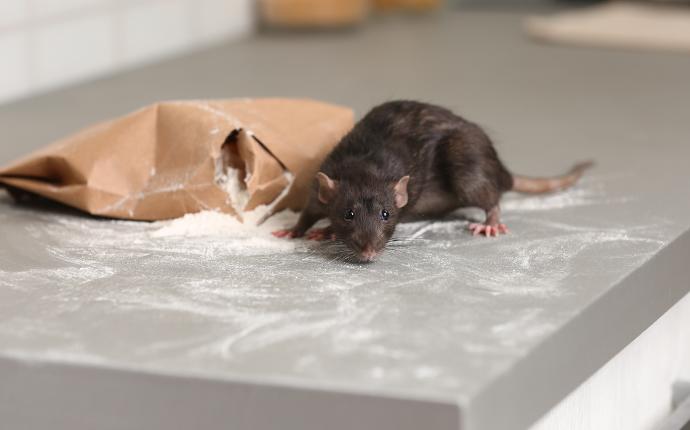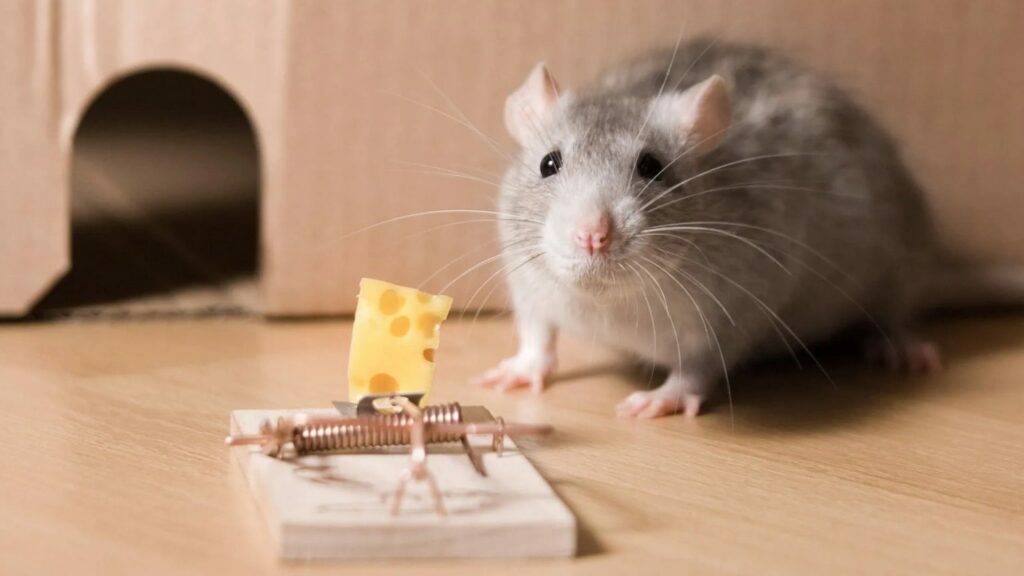Managing a vacation rental comes with a myriad of responsibilities. From ensuring guest satisfaction to maintaining the property in pristine condition, there's a lot on a host's plate. Among these tasks, conducting a thorough vacation rental pest inspection is crucial but often overlooked. Not only can pests ruin a guest's experience, but they can also damage the property and lead to costly repairs.
In this article, we will delve into the importance of pest inspections for vacation rentals, explore effective strategies for keeping your property pest-free, and share tips on what to do if pests do make an unwelcome entrance into your rental.

Why is Pest Inspection Important for Vacation Rentals?
Whether you're renting out a cozy cabin in the woods or a chic apartment in the city, ensuring your property is free from pests is non-negotiable. Pests can cause significant damage to the structure of your property, tarnish your reputation, and lead to negative reviews. Consequently, a regular vacation rental pest inspection can save you from future headaches.
For instance, a guest spotting a cockroach or a mouse can lead to a damaging review on platforms like Airbnb, which can significantly affect your bookings. Moreover, certain pests, like termites, can cause structural damage that requires expensive repairs. Hence, incorporating regular inspections into your maintenance routine is essential.
Common Pests Found in Vacation Rentals
Understanding what types of pests you might encounter is the first step in effective pest management. Some common invaders include:
- Rodents: Mice and rats are notorious for seeking shelter in vacation rentals, especially those located in rural or suburban areas. They can gnaw through wires, insulation, and even structural beams.
- Insects: Cockroaches, ants, and bedbugs are unwelcome guests that can enter your rental through various means, including luggage brought in by guests.
- Termites: These pests are known for silently destroying the wooden structures of homes, potentially causing costly damage if not detected early.
Understanding these pests will help you better prepare and protect your rental property.
How to Conduct a Thorough Pest Inspection
Conducting an effective pest inspection involves several steps:
Visual Inspection
Begin by visually inspecting both the interior and exterior of your property. Look for signs of pest activity such as droppings, nests, or gnaw marks. Pay special attention to common entry points like cracks in the foundation, gaps around doors and windows, and any other openings that pests might exploit.
It's also beneficial to check hidden areas such as basements, attics, and behind appliances where pests often hide. For more detailed guidance, you can refer to resources like Using Traps in Airbnb Legally.
Professional Pest Control Services
While a DIY approach can be effective for minor pest issues, hiring professional pest control services ensures a thorough inspection and treatment. Professionals have the expertise and tools to detect and eliminate pests effectively. They can also provide valuable advice on preventative measures.
Consider setting up a routine pest control schedule. This not only helps in managing existing problems but also in preventing future infestations. Learn more about the benefits of regular pest control in vacation rentals from Monthly Pest Control for Short-Term Rentals.
Preventative Measures to Keep Your Rental Pest-Free
Prevention is always better than cure. Here are some strategies to keep pests at bay:
Seal Entry Points
Ensuring that your property is well-sealed can prevent pests from entering. Use caulk or weatherstripping to seal gaps around windows and doors. Additionally, repair any holes in screens and fix leaky pipes that might attract pests.
Pest-Free Landscaping
Maintain the landscaping around your property to deter pests. Trim trees and bushes away from the house to prevent insects from using them as bridges to enter your home. Remove any standing water where mosquitoes might breed.
For natural pest control solutions, check out Natural vs. Chemical Pest Control for Rodents.
Regular Cleaning
A clean rental is less likely to attract pests. Ensure the property is thoroughly cleaned between guests, focusing on areas like kitchens and bathrooms that are prone to pest issues. Encourage guests to dispose of trash properly and provide covered bins to deter pests.
What to Do If Pests Invade Your Vacation Rental
Despite your best efforts, pests might find a way into your rental. If this happens, act quickly to mitigate the damage:
Immediate Response
Address any pest sightings immediately. Set traps or use natural repellents to manage the issue. For a homemade solution, consider making a peppermint mouse repellent spray as described in Homemade Peppermint Mouse Repellent Spray.
Communicate with Guests
Transparency is key. If guests report a pest issue, respond promptly and professionally. Apologize for the inconvenience and assure them that you're taking steps to address the problem. This can help maintain a good relationship and potentially mitigate negative reviews.
For insights on how other hosts handle pest issues, visit Including Pest Control Services in Listing.
Conclusion
A proactive approach to vacation rental pest inspection can save you time, money, and the hassle of dealing with unhappy guests. By incorporating regular inspections, preventative measures, and professional pest control services into your property management routine, you can ensure a pleasant and pest-free experience for your guests.
Remember, maintaining a pest-free rental is an ongoing process that requires vigilance and commitment. Keep learning and adapting your strategies to ensure your property remains a top choice for travelers.

FAQs
1. How often should I conduct a pest inspection?
It's recommended to perform a thorough pest inspection at least quarterly. However, if your property is in an area prone to specific pests, more frequent inspections may be necessary.
2. Can I conduct a pest inspection myself?
While you can perform basic inspections yourself, hiring a professional pest control service ensures a comprehensive check and effective treatment. They are trained to spot signs of infestation that you might miss.
3. What should I do if a guest reports a pest problem?
Respond promptly to any pest complaints. Apologize for the inconvenience, assure the guest that you're addressing the issue, and consider offering compensation if necessary. Quickly take steps to resolve the problem to prevent future occurrences.
